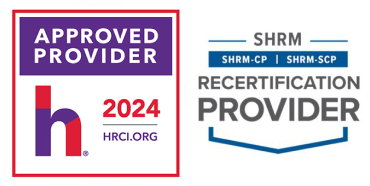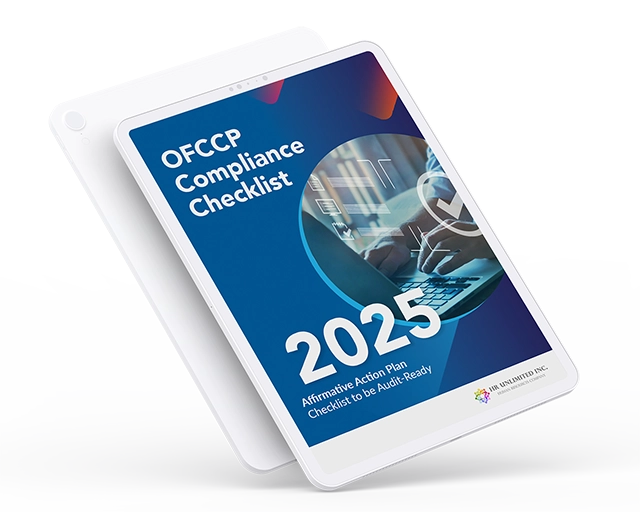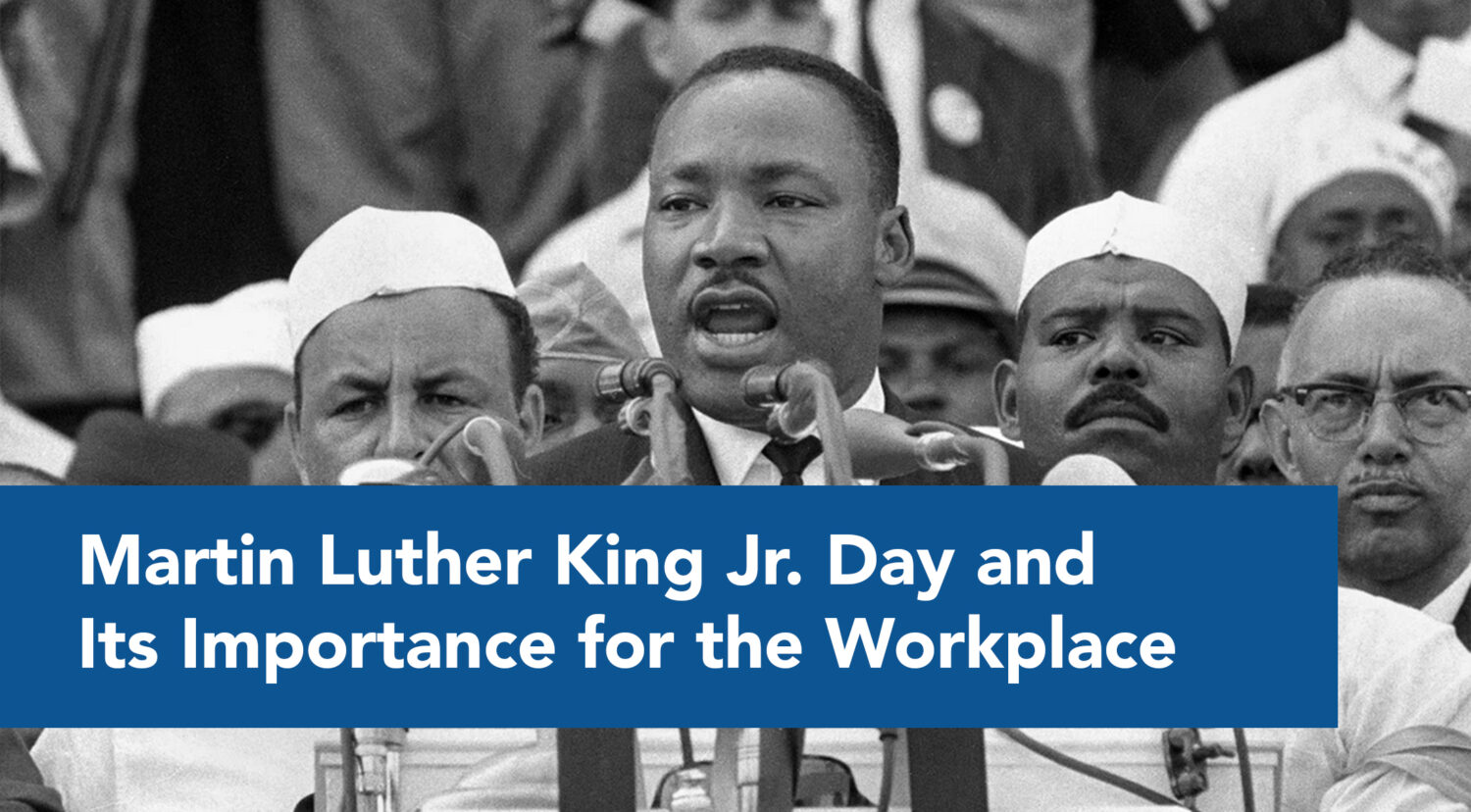Below are some of the most frequently asked questions clients have about Affirmative Action issues. If you have any other questions, or would like to schedule an appointment, we would love to hear from you.
Q: How do I determine if I am a federal contractor or subcontractor subject to the laws enforced by OFCCP?
You may be subject to some or all of the civil rights requirements enforced by the OFCCP if your business or organization has a federal contract, subcontract, or federally assisted construction contract. There are 3 general guidelines used to determine that a business is subject to the laws enforced by the OFCCP:
- The business holds a single federal contract, subcontract, or federally assisted construction contract in excess of $10,000
- The business has federal contracts or subcontracts that combined total in excess of $10,000 in any 12-month period
- The business holds government bills of lading, serves as a depository of federal funds, or is an issuing and paying agent for U.S. savings bonds and notes in any amount.
If your business or organization meets any of the above listed criteria, you may be required to follow the laws enforced by the OFCCP.
Q: What is the single entity test?
The single entity test focuses on whether the ownership, management, and operations of separate entities are interrelated to warrant treating them as a single entity. This test is used to determine whether a separate business or organization without government contracts may be covered under the laws enforced by the OFCCP based on a relationship or “single entity” status with a government contractor or sub-contractor.
In this test, the OFCCP examines a number of factors, including but not limited to whether:
- The entities have common ownership
- The entities have common officers or directors
- One entity has day to day control over the other through policies or management
- Personnel policies of the entities come and work from a centralized source
- The operations of the entities are dependent on each other
Q: What is the federal subcontractor test?
The federal subcontractor test determines whether a business or organization qualifies as a federal subcontractor and is therefore subject to the laws of the OFCCP. Subcontractors are businesses that perform work for a federal contractor that is necessary for the completion of a federal contract.
Under Executive Order 11246, a subcontract is “any agreement or arrangement between a contractor and any person (in which the parties do not stand in the relationship of an employer and an employee):
- For the purchase, sale or use of personal property or nonpersonal services which, in whole or in part, is necessary to the performance of any one or more contracts; or
- Under which any portion of the contractor’s obligation under any one or more contracts is performed, undertaken or assumed.”
Q: If we do not have any government contracts at our facility do we still need to develop an AAP?
The answer to this question is dependent upon a number of factors, including:
- Do the parent and the subsidiary have common ownership, and what is the ownership percentage?
- Do the parent and the subsidiary have common directors?
- Do the parent and subsidiary have officers or employees in common?
- Did the parent hire the subsidiary’s CEO?
- Does the subsidiary’s CEO report to anyone at the parent company?
- Do employees of the subsidiary report directly to employees of the parent?
- Is there an interdependency of operations between the parent and subsidiary?
- Are financial decisions made across business lines?
If you have answered yes to any of the above listed questions, it is likely that the intra-company relationship would mandate the development of an AAP by your company. Feel free to contact us for further clarification.
Q: Who is an Internet Applicant as referenced under the Internet Applicant Recordkeeping Rule?
In 2005, the OFCCP defined an Internet Applicant by the following factors:
- The applicant submits interest in employment through the internet or related electronic data technologies.
- The contractor considers the applicant in a particular position
- The applicant’s expression of interest indicates that they have the basic qualifications for the position.
- The applicant does not remove themselves from consideration during the contractor’s selection process.
Q: What if a contractor has a contract entered into after 12/1/03 which is less than $100,000, do they have to complete a VETS-100A report?
The contractor is not required to comply with either the VEVRAA or Jobs for Veterans Act and therefore does not have to complete the VETS-100 or VETS-100A report.
Q: What if a contractor has a contract of $25,000 or more entered into prior to 12/1/03 and one entered into post 12/1/03, do they have to complete the VETS-100 or VETS-100A report?
If the contract entered into post 12/1/03 is greater than $100,000 then the contractor must comply with both the VEVRAA and JVA and submit both the VETS-100 and VETS-100A reports. If the post 12/1/03 contract is less than $100,000, the contractor only has to comply with the VEVRAA and submit the VETS-100 report.
Q: What does online accessibility mean and what does an employer have to do to be in compliance?
Online accessibility is the procedure a company puts into place to ensure that its application process is accessible to people with disabilities. In order to be in compliance, there are a number of requirements for federal contractors and subcontractors.
- Contractors’ procedures must allow the individual with disabilities to submit an application in a timely fashion for consideration.
- The employment/career page of your website must be accessible using universal design techniques and interoperable technology.
- The employer’s online application process and procedures must be prominently displayed at the beginning of the careers page. These procedures should address the process for requesting an accommodation as well as the contact person and telephone number.
- Contractors must allow those who cannot apply online because of a disability the opportunity to apply in an alternate way, even if the company policy is to only accept online applications. The individual with disabilities cannot be penalized for applying using an alternative method.
In order to ensure that your company is in compliance, you need to heed the aforementioned requirements.
Q: What are assistive technology, universal design, interoperability, and accessibility?
Assistive technology is technology that helps people with different types of disabilities– including visual, hearing, cognitive, and neurological disabilities—in order to make work possible.
Universal design is design that makes physical space accessible to a wide range of people, including making kiosks physically accessible and interoperable.
Interoperability is the degree to which assistive technology can operate compatibly with a website or other type of information technology.
Accessibility is the degree in which people can use a product or service, possibly using assistive technology,
Web accessibility is the degree in which people can perceive, understand, navigate, and interact with a website. Someone with a visual disability may not be able to interpret graphics or the graphics may not work with assistive devices, such as speech activated software. Ensure that text is included to describe all tables, charts, graphics, etc, so that assistive devices can read them.




 OFCCP Compliance Checklist to be Audit-Ready
OFCCP Compliance Checklist to be Audit-Ready